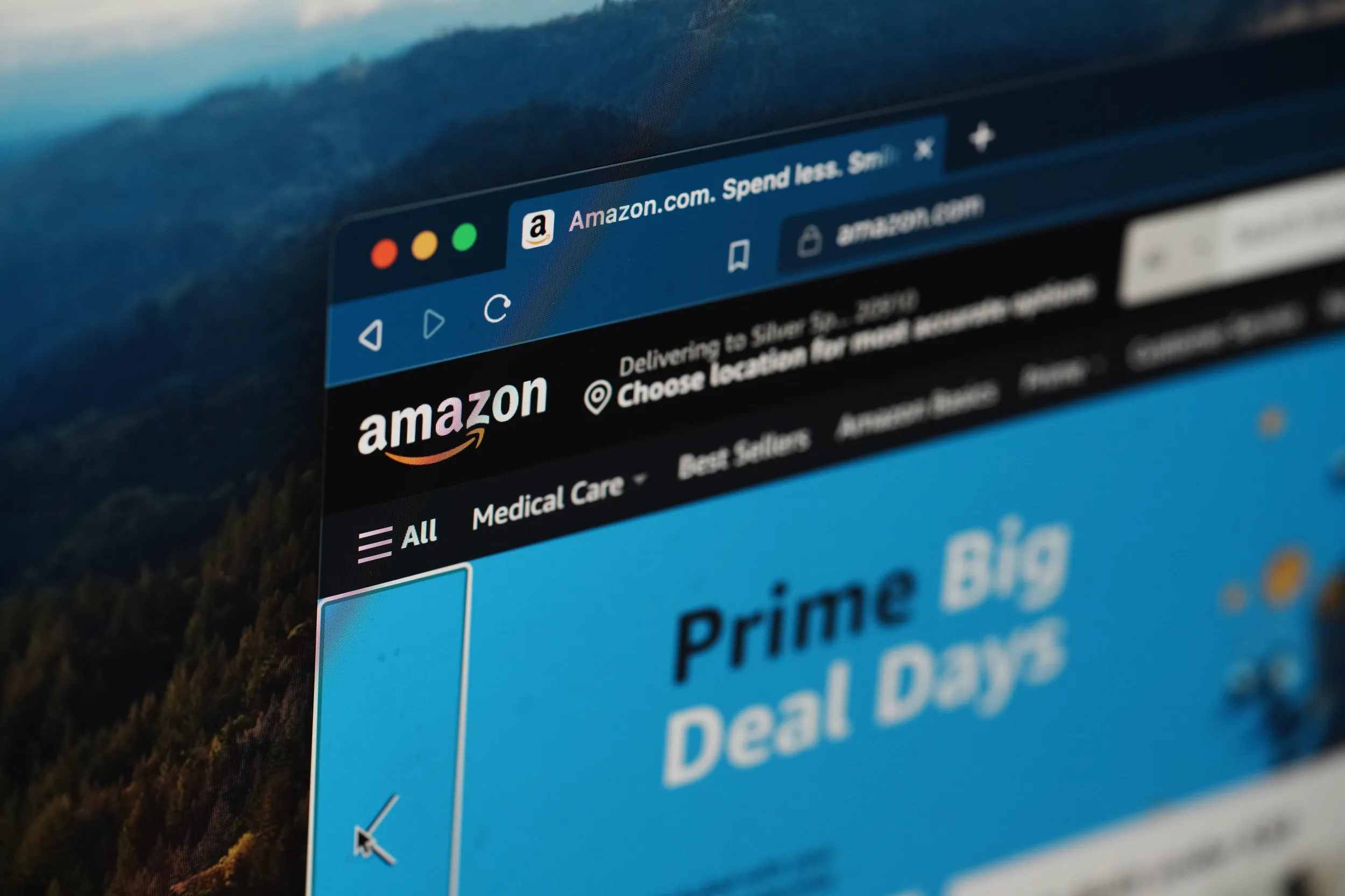PiracyData.org Confirms Yet Again That Hollywood Should Evolve Business Models To Deter Piracy
Today, a new website called piracydata.org launched that compares TorrentFreak’s weekly list reporting the top 10 most pirated movies on BitTorrent with the movies’ availability on lawful digital services as catalogued by the Can I Stream.It? resource. Unsurprisingly, the data shows that people are turning to piracy because of the insufficiency of legal options for watching these films online, even though their popularity on BitTorrent indicates unmet demand. (Netflix, in fact, checks what does well on “piracy sites” to decide what content to offer.)
Over the last three weeks, only 20% of the most pirated films could be rented online, and less than half were available to be purchased online. Most telling was the fact that not a single one of the films can be streamed lawfully (on services like Netflix and Amazon Prime).
Rob Pegoraro wrote about this phenomenon of inadequate lawful digital options on DisCo last month, regarding the new NetNames piracy study:
Video, however, remains harder to find on legitimate terms. The study unintentionally reminds readers of that fact on page 39 by citing the easy availability of Despicable Me 2 on streaming-video sites. You can’t even buy a DVD of the flick on Amazon, much less download or stream it on that site, Netflix or iTunes.
One of piracydata.org’s creators, Jerry Brito, noted that this data suggests that Hollywood might want to consider updating business models to compete with piracy in the market. He told the Washington Post:
“‘I don’t understand how the industry is making a big show about Google not taking voluntary measures to help with piracy.’ Hollywood, he says, could ‘change its business model to take their own voluntary measures to deal with piracy,’ by making movies more readily available through legal online channels.”
Brito further explained this to Forbes:
“When movies are unavailable, illegal sources may be the most relevant search results. If the movie industry wants to combat piracy, one thing they might want to try is offering consumers the online viewing options that they want. It’s certainly up to the movie studios what business model they choose, and the fact that movies are not available digitally does not excuse piracy. But it also shouldn’t be incumbent upon search engines to change what they do in order to prop up another industry’s business model. More importantly, Congress should not consider protecting any particular business model.”
That’s the key takeaway of this project. Congress does not and should not have the obligation to protect incumbent industries from threats to their increasingly obsolete business models, by placing more burdens and obligations on technology companies than the DMCA safe harbor requires. The MPAA would like to impose filtering obligations for search engines (but see: CCIA’s study explaining why search engines are not a particularly relevant tool for copyright infringement) and other “‘voluntary’ best practices” (see: CCIA’s comments to the PTO on this topic). Compliance costs could deter new startups from entering the market, and also may be cost-prohibitive for other companies to remain in business. In contrast, research has shown (see, e.g., [1], [2]) that the availability of safe harbors from copyright liability encourages investment in new online services.
Just yesterday, I tweeted out a sentence from the appellate brief Viacom filed in July in the 2d Cir., prefaced by a qualifier that the statement was inaccurate:
Untrue: “Only site operators like YouTube can prevent piracy by filtering out infringing content at upload, before it ever becomes public.”
To help explain how preventing piracy is not solely (if at all) an obligation for sites like YouTube, and that market demand should also be met by content owners, I then added:
Content owners can, e.g., “give people what they want, when they want it, in the form they want it in, at a reasonable price” (Kevin Spacey)
Spacey has made this point publicly this several times, including in May at an MPAA event in DC, and in August at a Telegraph event in the UK. A Netflix executive also said something similar back in May:
The best way to combat piracy isn’t legislatively or criminally but by giving good options.
One of the best options for customers is online streaming, and yet piracydata.org shows that none of the most pirated films are available to be consumed in that format. Give people what they want, Hollywood!








